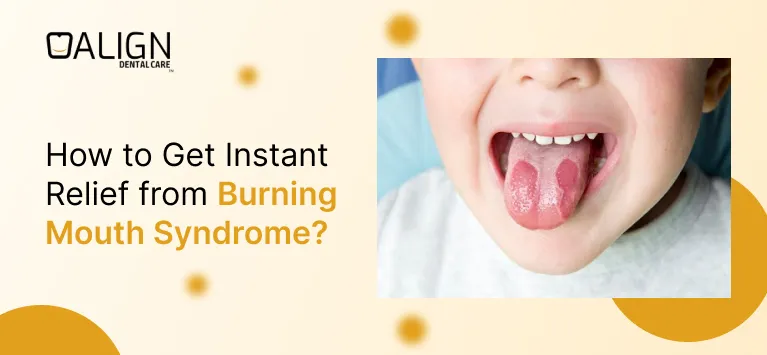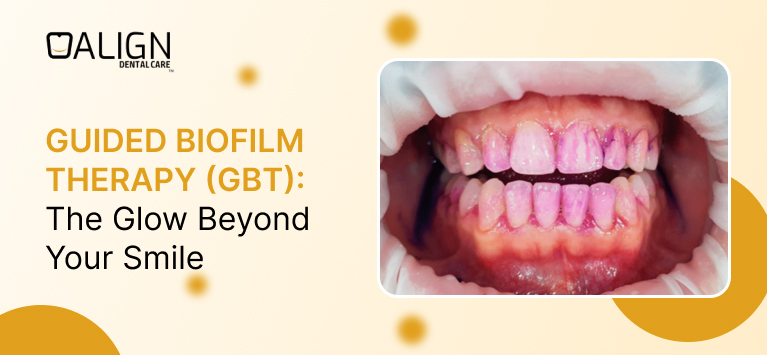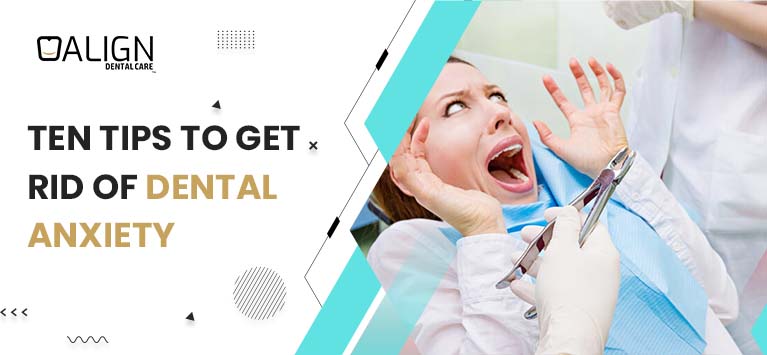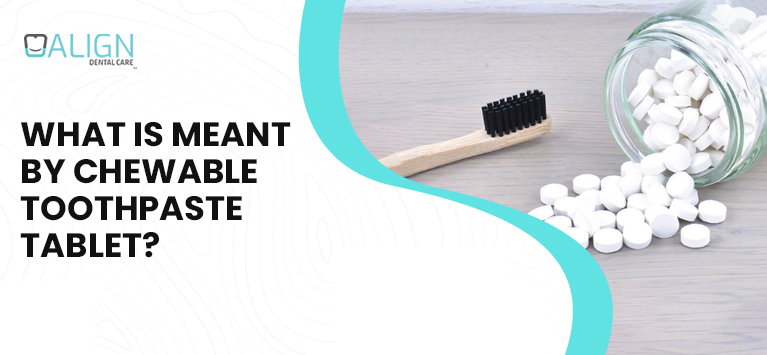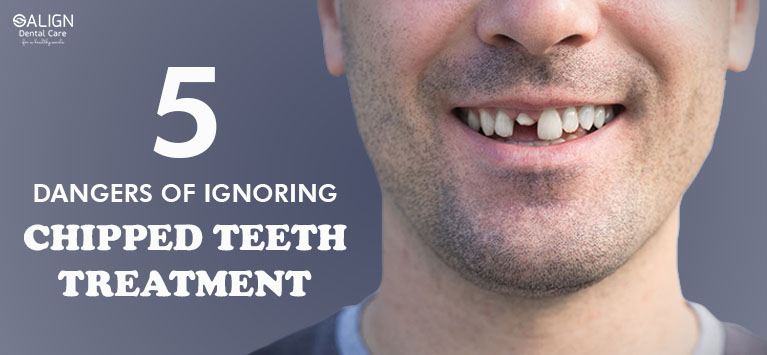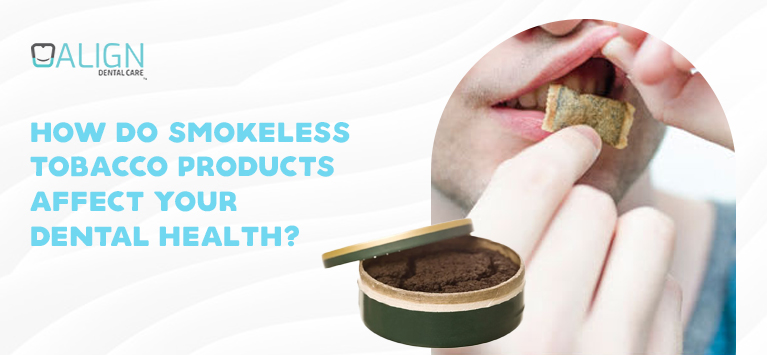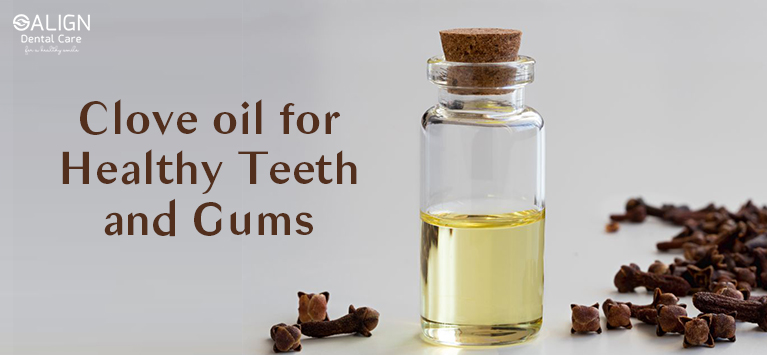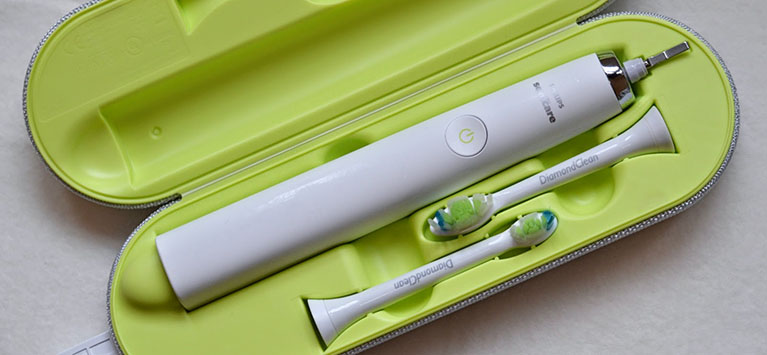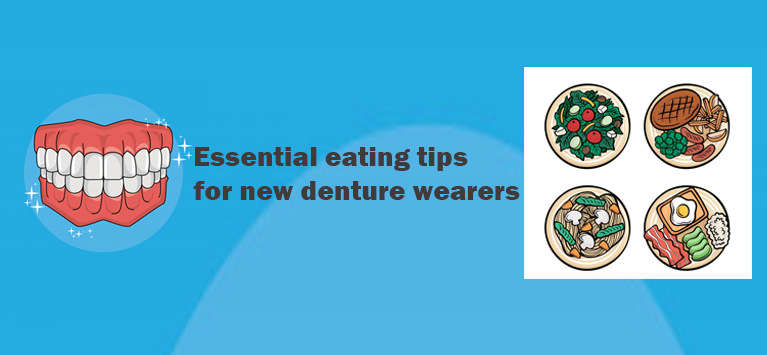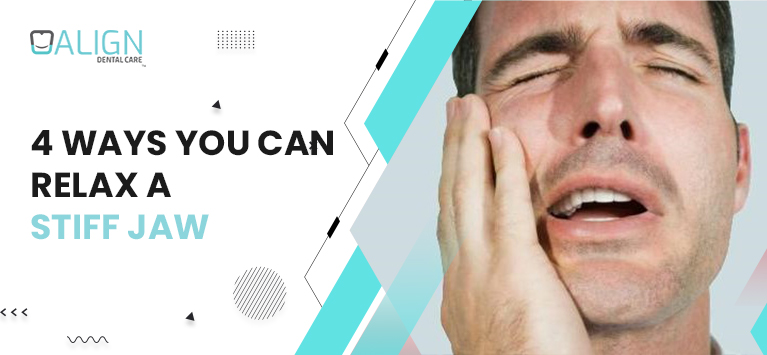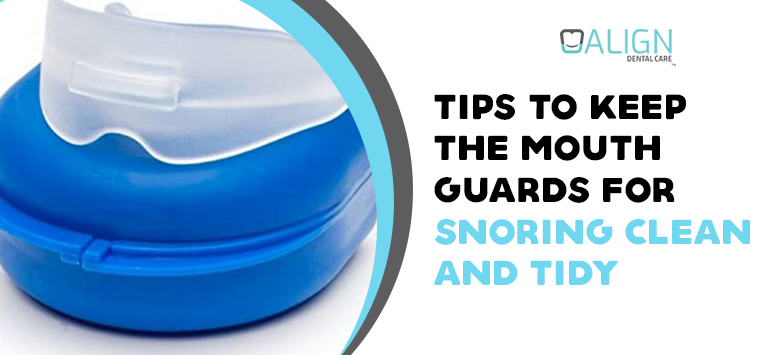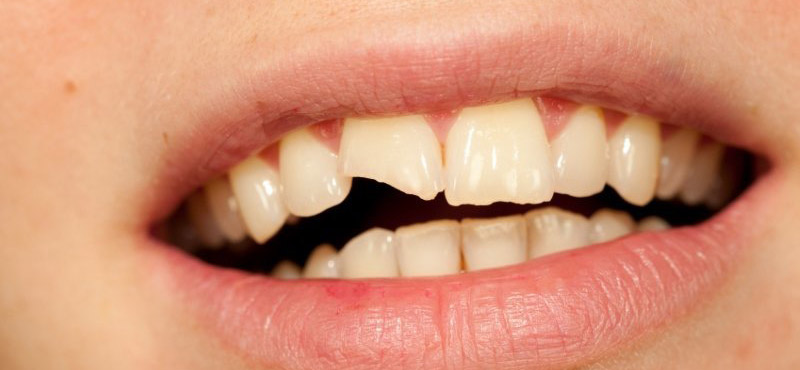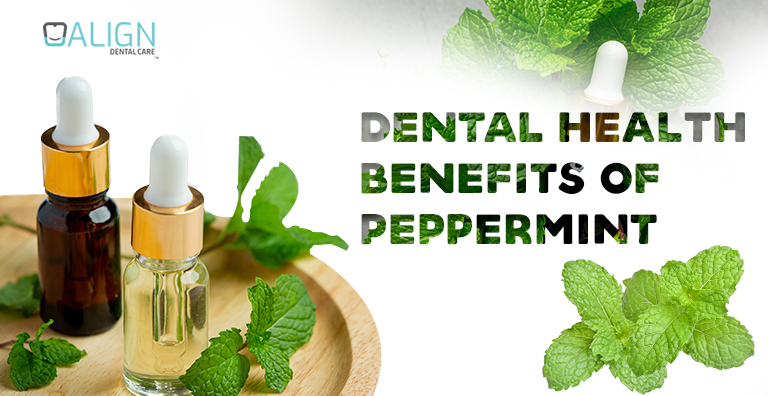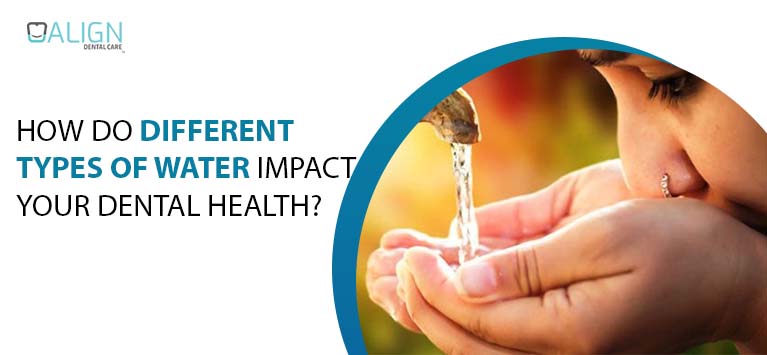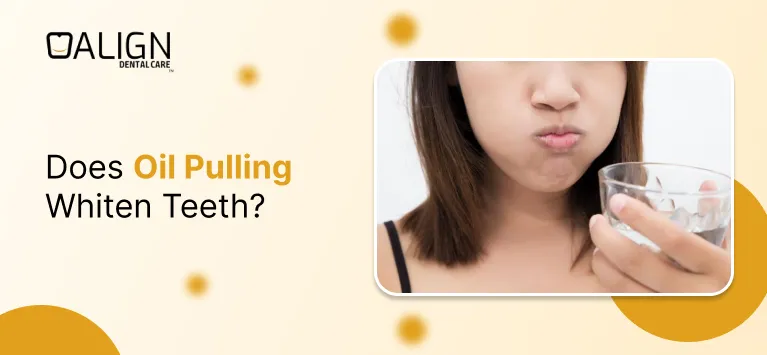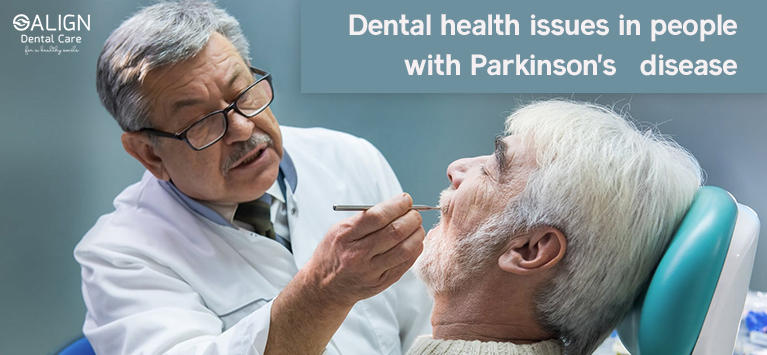
Dental health issues in people with Parkinson’s disease
Parkinson’s Disease is a neurological illness that infects the nerve cells in the brain responsible for body movements. The disorder begins with the selective destruction of mesencephalic dopaminergic neurons and it is prevalent in people aged above 65 years. It affects both the motor & non-motor skills of our body and is characterized by instability, reduced dexterity, slowness of movement, dizziness, etc.
As it is a multisystem disorder and affects the spontaneous movements in arms, legs, and parts of our body, handling our daily activities will become burdensome. For instance, tooth brushing with a shaking hand will reduce the oral hygiene activity quality. Right?
Besides this, such motor limitations will harm our oral cavity in certain other ways.
Many dentists do not have enough experience to treat dental illnesses in people with Parkinson’s Disease. Based on our experience and research, we have explained the impact of this neurodegenerative disorder on oral health and tips to combat its aftereffects to an extent here.
How does Parkinson’s Disease affect our dental health?
The progressive movement disorder also affects the orofacial muscular system that leads to problems like difficulties in chewing and swallowing. Likewise, the anti-parkinsonian medications also tend to create an imbalance in the pH of saliva. It leads to less salivary flow in PD patients than normal.
Such reduced salivation flow & hindered nutrient intake due to poor chewing will weaken your oral cavity. This is followed by the proliferation of harmful microbes in the mouth and ends in dental illnesses as follows:
- Dental Caries (Tooth Decay)
- Gum or Periodontal diseases
- Dry mouth
- Bad Breath
As swallowing becomes difficult due to compromised orofacial muscular system, it disrupts saliva production. Meanwhile, the muscles that seal lips also become weaken now. So they cannot control the saliva, causing excessive drooling.
On the other hand, the partnership of poor quality dental hygiene actions and the bacteria attacks weaken your oral cavity. For instance, researchers observed that people suffering from Parkinson’s disease have higher chances of bone loss followed by plaque build-up than others.
Whom should people with Parkinson’s disease consult for dental care?
You should consult your dentist at regular intervals. A dental doctor will take care of customized solutions to treat oral diseases in Parkinson’s patients. Similarly, you can get cleaning techniques and appliances like interdental cleaners for teeth cleaning amidst the rhythmic shaking movements in your hands.
Likewise, the following medicinal practitioners also help in managing dental health in Parkinson’s patients:
- Dietician
- Dental Hygienist
- Speech and Language Therapist
Tips to make oral hygiene easier for Parkinson’s patients
Apart from seeking simple treatments, adjusting the medications after consulting your doctor, improving the oral care regimen is paramount to keep teeth and gums healthy.
We have shared the tips to make the teeth cleaning activities flexible for this paralysis agitans:
- Switch to an electric toothbrush
- Listen to music while brushing the teeth because music helps to get a rhythm that makes movement easier.
- Sit on a chair and hold its balancing arms for a grip while brushing
- Use interdental brush for flossing
Consult your dentist to get the right toothpaste and mouthwash. It also supports reducing dry mouth caused by anti-parkinsonian drugs.
The deteriorated motor systems in our body will upset your oral cavity as well as making your oral hygiene regimen inefficient. However, you can combat them with the right dental treatments accompanied by enhanced teeth cleaning activities as we explained here.






